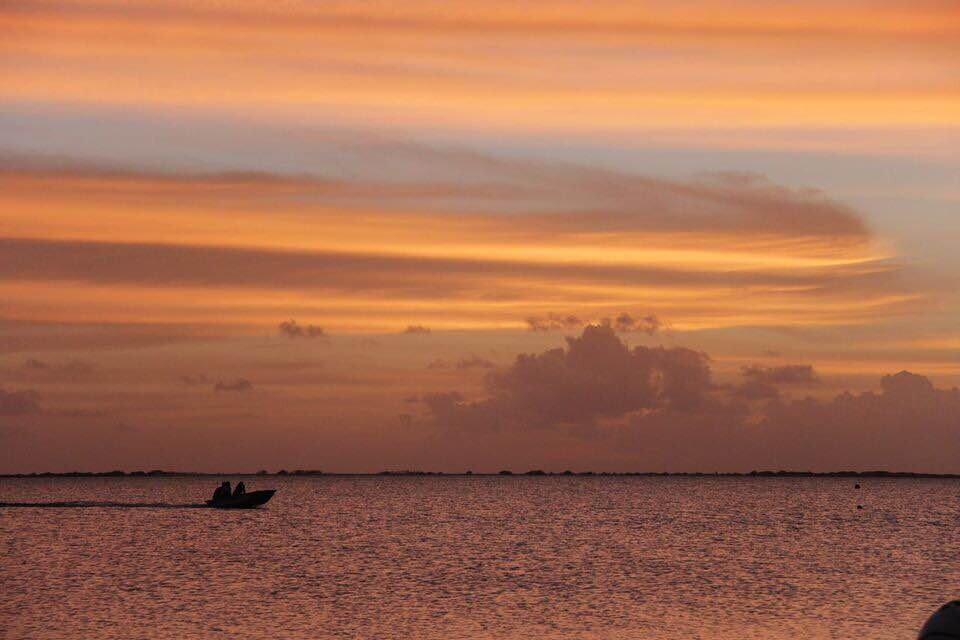Why Ocean Conservationists Should Pay More Attention to Wikipedia
Originally published on the (now archived) National Geographic blog.
June 5, 2015
Wikipedia pages for mangroves and seagrasses are on the list for updating during the edit-a-thon. (Photo: courtesy Waitt Institute)
When the average internet user seeks out information on a scientific topic, the first place she turns to isn’t the latest scientific literature or even a mainstream news publication, it’s Wikipedia. Google any scientific topic and the online encyclopedia will turn up as the first or second search result. Though many within the science community regard Wikipedia with a certain level of wariness, there’s no denying that for millions of people across the globe, it’s the first exposure many people have to issues they know little about. As such, it wields tremendous influence in shaping the way the general public understands and views a particular topic.
As Mr. Ted Waitt, Founder and Chairman of the Waitt Institute, says, the first step in building a constituency for ocean issues is raising awareness. Making sure the public has access to great information is key to our science-based, community-driven work. So we’re excited to be collaborating with the Smithsonian Ocean Portal and Wikipedia to improve the quality and quantity of ocean information people can easily access.
Queen parrotfish eating algae off a relatively healthy reef in Curaçao. The edit-a-thon will include a focus on updating Wikipedia pages about coral reef topics. (Photo: Stanley Bysshe)
Several studies have shown Wikipedia to be fairly accurate, but there’s a wide range in quality found across the site, with some articles having received careful attention while others have suffered from neglect. It’s not the fault of the community for this range in quality; the depth of an article is at least somewhat dependent on the expertise of its editors.
To address this, experienced Wikipedians have hosted regular “edit-a-thons” where they invite experts on a particular topic and guide them in improving an article’s quality. For instance, back in February the New York Public Library hosted a Black Life Matters edit-a-thon so that attendees could work together to write and expand on articles pertaining to black history.
It was while I was discussing successful edit-a-thons with my friend Katherine Maher, Chief Communications officer at Wikimedia, that we realized the ocean conservation community could benefit from just this sort of effort. Monday, June 8 is World Oceans Day, when we celebrate and drive awareness for the ocean. What better way to raise awareness than by improving one of the most-visited information resources about it?!
It’s with that in mind we’re announcing the World Oceans Day Wikipedia Edit-a-Thon, a collaboration amongst the Waitt Institute, Smithsonian Ocean Portal, and Wikipedia. It will take place at the Waitt Institute’s headquarters, in Washington DC. If you’re interested in ocean conservation and want to help, please join us in person or remotely. We’ll be hosting a number of experienced Wikipedia editors who will help guide us as we work together to improve upon dozens of articles concerning the ocean and its wildlife.
Happy #WorldOceansDay!
Sunset over the ocean in Barbuda. By the time the sun sets on World Oceans Day, ocean info on Wikipedia will be more up to date! (Photo: Andy Estep, Waitt Institute)



